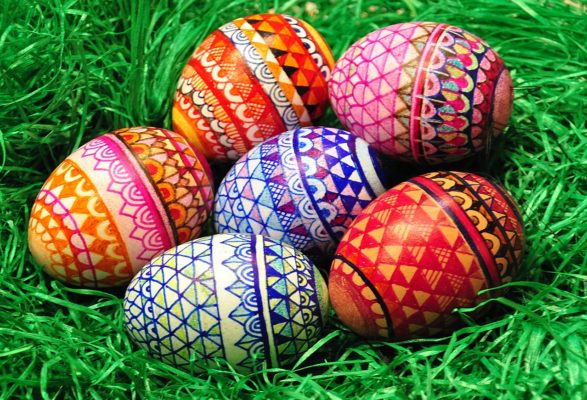Easter Week is celebrated in many countries around the world. In many parts of the world, it is celebrated in unique ways and so if you are a translator agency that needs to translate how Easter week is celebrated in different countries, you will need to find out how different traditions compare with each other.
Unique traditions
Different countries celebrate Easter Week in their own special way and the customs associated with this important holiday are unique to each country. As a translator, it is your duty to find out more about different Easter week traditions from around the world.
Celebrating Easter in Bermuda
If you are trying to translate Easter week traditions from Bermuda, then you need to understand that this part of the world celebrates Easter in a very unique manner. During Easter Week, Bermudans fly kites that they made in their homes. Usually, the kite flying takes place on Good Friday and this tradition began when a schoolteacher wanted to teach his students how Jesus Christ ascended to Heaven. He used a kite to demonstrate the ascension.
Norwegian customs
In Norway, Easter week is celebrated in an entirely different manner. In Norway, there is a very interesting tradition which the Norwegians call Easter Crime or Paaskekrim in Norwegian. For some unknown reason, Norwegians love to read mystery books or they like to see TV crime detective stories. They spend the entire Easter week watching horror movies or thrillers on TV and even bookstores need to stock up their supply of crime books.
How do the Dutch celebrate Easter?
If you were asked to translate how the Dutch celebrate Easter week, then you need to first of all learn about why the Dutch light up huge bonfires which they call Easter fires. These fires are normally lit on Easter Sunday or Monday and this tradition goes back to before Christianity. It symbolizes the arrival of spring and depicts how light conquered darkness.
Sweden and Easter witches
In Sweden, Easter Week is celebrated in a different manner. The Swedes like to dress up their children as Easter witches. Young women wear old clothes and they go to houses to trade paintings and draw for sweets. This tradition goes back to when Swedes used to persecute witches in the sixteenth century.
Haiti’s songs and parades
In Haiti, the traditional way of celebrating Easter week is through holding of colorful parades and the singing of traditional rara music. Thus, when translating traditions related to Easter week in Haiti, you need to keep in mind that Easter traditions in this part of the world are a combination of Catholicism and Voodoo.
France and its giant Easter egg
Over in France, Easter week is celebrated with the making of giant Easter omelets. This tradition dates back to when a village in France was visited by Emperor Napoleon whose affinity for omelets led to villagers making giant omelets for not only the Emperor but also for his soldiers. Ever since then, on Easter week the village in Toulouse region of France makes an omelet made from one thousand plus eggs in a giant frying pan.

